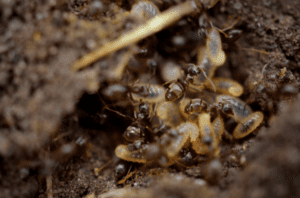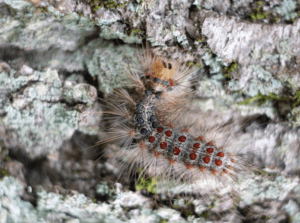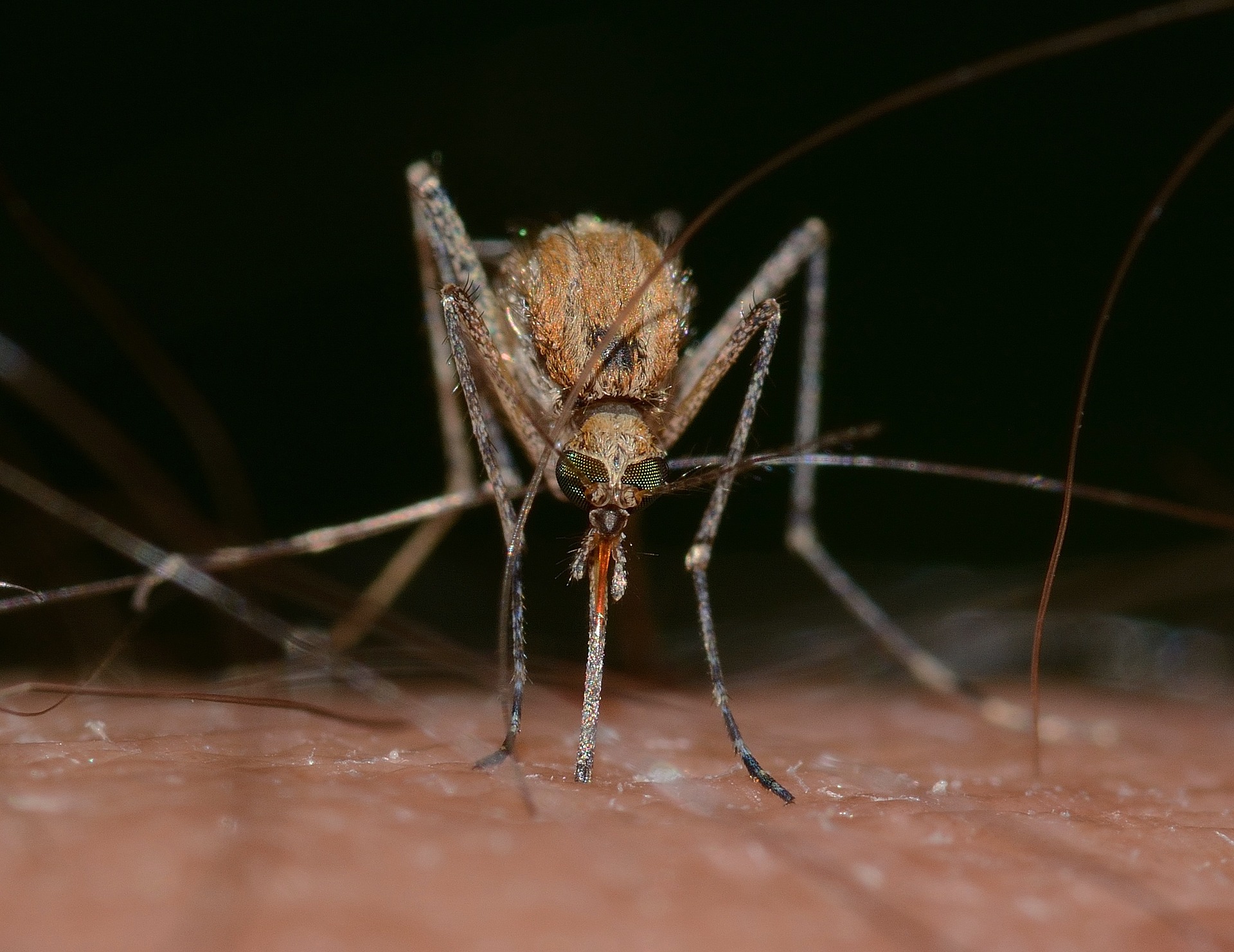
Spring and summer months just wouldn’t be complete without warm-weather activities like hiking, boating, and bonfires. Unfortunately, mosquitoes love the warm weather as much as we do and their presence always seems to put a damper on things. Enjoy your outdoor activities to the fullest this season with the following guide to mosquito activity and prevention.


When Is Mosquito Season?
Mosquito season in New Jersey usually lasts from April to October, but mosquito activity depends largely on temperature and each year can be different. Mosquitoes are cold-blooded, which means they cannot regulate their own body temperature. Because of this, they are unable to function in cold weather and will not emerge until temperatures are consistently above 50 degrees Fahrenheit. Understanding what temperature mosquitoes die becomes crucial in managing their presence. They thrive in temperatures of 80 degrees or higher, so they are most active during the hottest months of the year. Humidity and rainfall also play a significant role in mosquito activity. Three of the four stages in a mosquito’s life cycle occur in water, so they require a fair amount of water to survive. Infestations are more common during rainy seasons due to the accumulation of rainwater in birdbaths, empty containers, and puddles. By being aware of the optimal temperature range for mosquitoes and taking measures to reduce stagnant water sources, we can help minimize mosquito populations and mitigate the risks associated with their presence.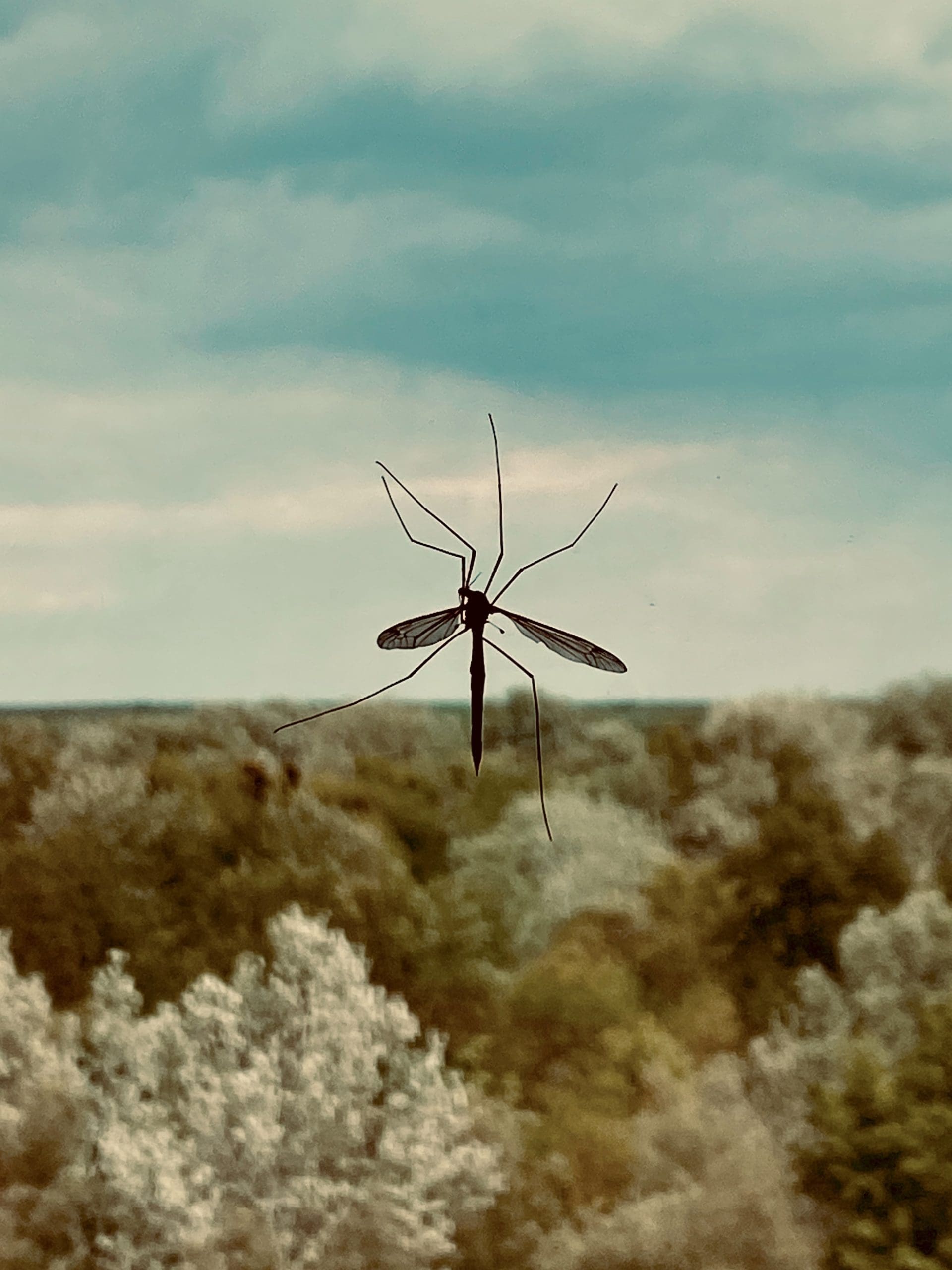
When Are Mosquitoes Most Active?
Mosquitoes’ peak hours of activity are around dawn and dusk. They differ from other cold-blooded animals in that they cannot survive long periods of time in the sun. Although adult mosquitoes do not live in water, they do require humidity to survive. The sun dehydrates them so they rest in vegetation during the day. Mosquitoes tend to emerge in the early evening and, if temperatures are warm enough, they will remain active through the night. They start looking for a place to rest in the late morning. If the weather is cloudy and humid enough, some mosquitoes may remain active through the day. Even so, there should be relatively few mosquitoes out during daylight hours. The presence of large numbers during the day is a sure sign of an infestation.Where Are Mosquitoes a Problem?
Mosquitoes most commonly infest hot, humid areas. Wetland habitats like swamps, ponds, and wooded areas are especially vulnerable to infestations as they provide ample amounts of standing water and vegetation. Swamps and forests provide tree cover to block sunlight, so mosquitoes in these areas are often active throughout the day. Though they prefer wetlands, mosquitoes can infest virtually anywhere that provides vegetation and a source of standing water. In backyards, they infest birdbaths, puddles, and containers that have collected rainwater.Are Mosquitoes Dangerous?
Yes, mosquitoes can be dangerous. In fact, they are the deadliest animal in the world thanks to the diseases they transmit like dengue, Chikungunya virus, encephalitis, malaria, West Nile virus, and Zika virus. They have also been known to spread heartworm to pets. In addition to spreading disease, mosquitoes are a major nuisance. Their bites are very itchy and can become infected or cause an allergic reaction. Mosquito bites should be avoided as much as possible. Before venturing outside, apply mosquito repellent and always wear a long sleeve shirt and pants while in wooded or swampy areas.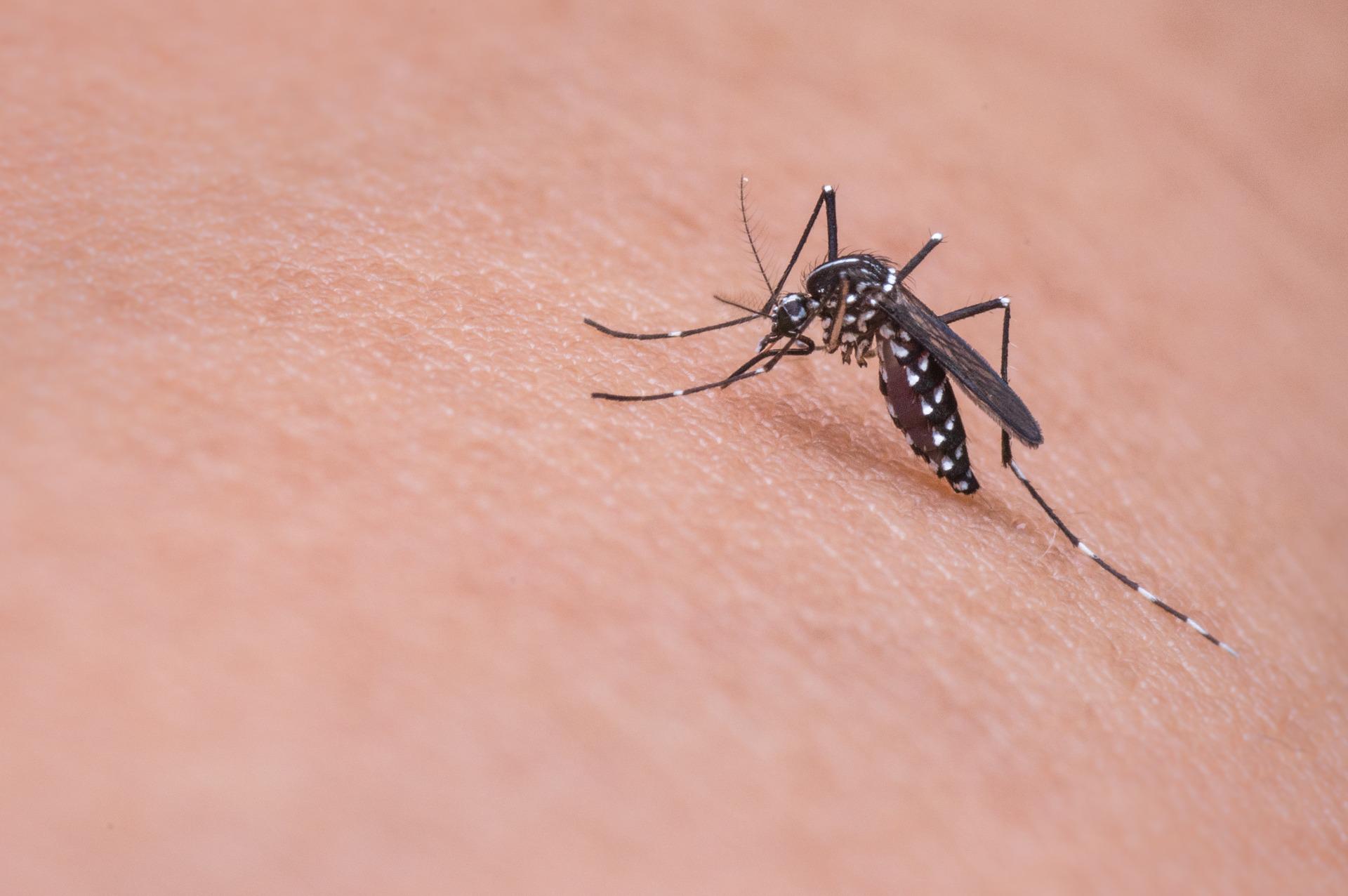
How to Prevent Mosquitoes
Prevention is the best way to deal with mosquitoes. Here are some pro tips to stop the pests from moving in:- First and foremost, eliminate as many sources of standing water as possible:
- Dispose of containers that can collect rainwater such as buckets, cans, and flower pots, or move them to an area where they are protected from the rain.
- Turn over wading pools and wheelbarrows when they are not being used.
- Regularly remove any water that has collected on pool covers.
- Put drainage holes in all outdoor garbage and recycling bins to prevent liquids from collecting. Mosquitoes are attracted to garbage so all receptacles should have tight-fitting lids to keep the pests out.
- Ideally, bird baths should be emptied each night. Many birds go to sleep in the evening anyway, whereas mosquitoes come out to lay eggs. Besides, birds much prefer clean fresh water over old mosquito-ridden water.
- Clean all gutters yearly, especially if they tend to get clogged by surrounding trees.
- Keep vegetation trimmed, mow the lawn regularly, and eliminate debris piles. If mosquitoes have nowhere to rest when the sun is too hot, they are less likely to stick around.
- All ornamental pools and ponds should be aerated or stocked with fish to discourage mosquitoes from laying eggs in them.
- Have swimming pools cleaned and chlorinated regularly.
- Landscape with plants that mosquitoes avoid, like peppermint, marigold, citronella, and lavender.





